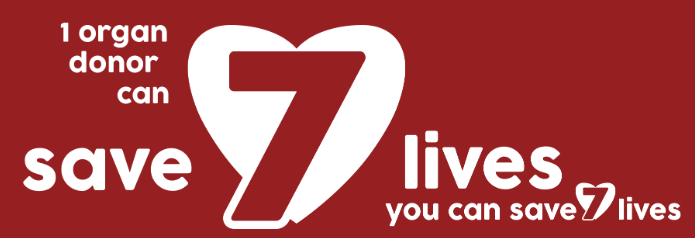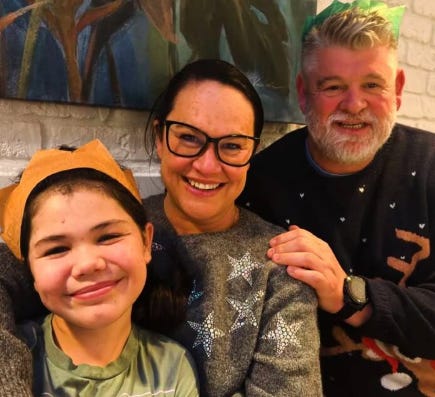Save 7 people's lives
Becoming an organ donor is an easy, hassle-free decision with massive benefits
The new year is off to a flying start for me. I have already ticked the box that says: Save up to seven people’s lives and help another 50 or so after my death.
It is heartbreaking to consider that only 5% of South Africans are organ donors, while each of us has the power to save up to 7 lives (possibly more as fractions of organs, such as the liver, are increasingly used), and help another 50 people by donating our organs and tissues after we die.
It takes just a minute to sign up and there is no risk to you. Two doctors, who are completely independent of the transplant team, are mandated by law to perform detailed tests before a person can be declared brain dead, which is required before their organs are donated. The criteria for brain death is strictly adhered to and accepted medically, legally and ethically in South Africa and internationally.
My inspiration to sign up was this post on LinkedIN by my friend, Lisa Macleod:
In my secret life, I am, along with my husband Brad Taljard, a trained kidney dialysis technician. We do haemodialysis for my 12-year-old daughter four times a week, with each overnight session taking about 10 hours in total. We have a dialysis machine at home, provided by the incredible NHS and we are supported by the Evelina Children's Hospital, but it is nevertheless a gruelling schedule for our family.
Alex got her kidney from a living donor, her Granny Jenni (my Mum), but will need a second transplant soon – possibly even this year.
She has a recurring (and very rare) form of kidney condition, called Focal Segmental Glomeruli Sclerosis, a form of Nephrotic Syndrome. This disease is most well-known because it was the disease that All Black Jonah Lomu suffered from before he passed away in 2015.
I wanted to take this opportunity as we start 2025 to raise awareness about the critical importance of organ donation.
Living in the UK, we count ourselves as very lucky. Many people are donors – because the UK has an incredibly progressive opt-out system, as of 2020. If you are over 18 and have not opted out, you are automatically considered to be a candidate for donation. Confirm your decision here.
In our other home, South Africa, there is a severe shortage of donors, and we have experienced first-hand how many children die while waiting for a kidney to become available. Countless adults, too.
If you want to do something that may one day save a life [or seven], please consider becoming an organ donor, or making a donation to a children's hospital that desperately needs funds.
Save seven lives: Your heart, liver and pancreas can save three lives and your kidneys and lungs can save up to four people.
Help up to 50 people by donating your corneas, skin, bone, tendons and heart valves. Donated bone and tendons can prevent amputation, restore mobility, reduce pain and enhance healing. Donated heart valves can save a life by improving heart function. Donated cornea restores vision and prevents blindness. Donated skin helps burn victims by preventing infection, promoting healing and reducing scarring. Bone tissue transplants are the second most common transplants performed on patients, second only to blood transfusions. Many thousands of patients receive allograft tissue every year, most of which comes from non-living donors whose loved ones consented to donation.

As a registered organ and tissue donor, it is super important to make sure that your family knows of your wish. At the time of your passing, a specialist transplant medical professional will approach your family to ask for consent for the donation of your organs and tissue. If your family does not know of your wish to be a donor, especially at a time of shock and grief, they could say NO rather than YES, meaning your organs and tissue will not be donated. South African law dictates that a donation cannot take place unless the family has given their consent.
For privacy and legislative reasons, donors and recipients are not identified.
The donor and his/her family will not incur any costs. The hospital or tissue bank will cover all medical expenses from the moment your family has given consent for the donation of organs/tissue.
There is no compensation for donating; organ/tissue donation is a gift.
Most religions support organ and tissue donation, as it is consistent with life preservation.
You can change your mind at any time. Simply throw away your organ donor card, remove the sticker from your ID document/driver’s licence, and inform your family that you no longer wish to be a donor.
Make a donation:
Red Cross War Memorial Children's Hospital
SA Red Cross War Memorial Children's Hospital Cape Town
Donating to the Red Cross War Memorial Children's Hospital from the UK






